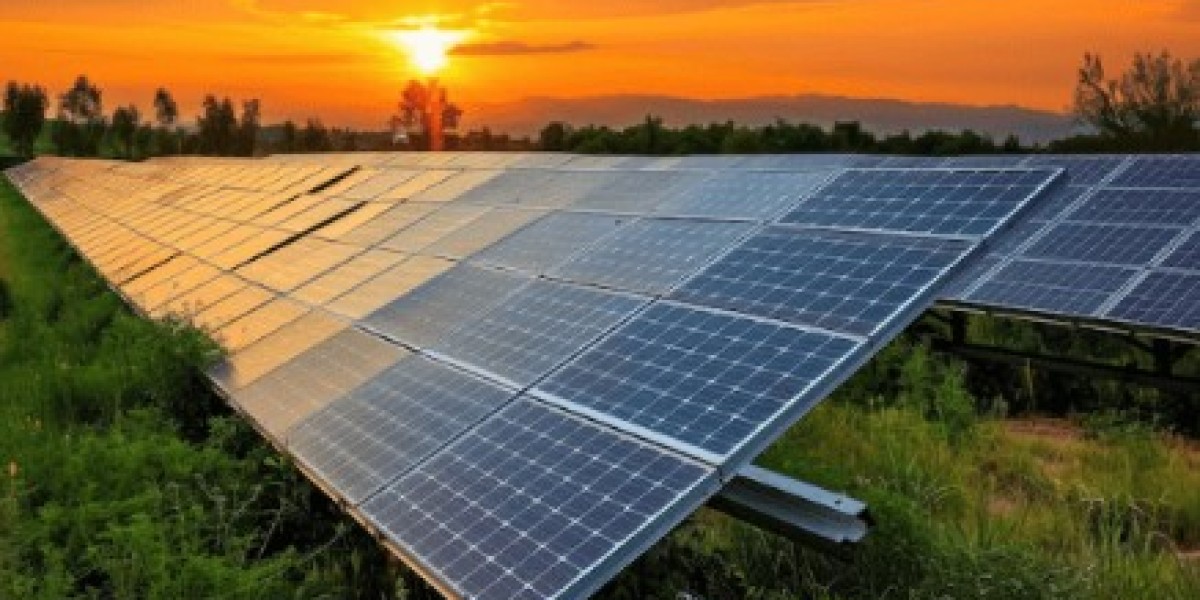Understanding Solar Panel Types
1. Monocrystalline Solar Panels
Monocrystalline solar panels are made from single silicon crystals. They are known for their high efficiency and space-saving design. Many homeowners prefer these panels due to their sleek appearance and superior performance.
Advantages of Monocrystalline Panels
Monocrystalline panels offer several benefits. They typically have higher efficiency rates compared to other types. This means they can generate more electricity in smaller spaces.
Disadvantages of Monocrystalline Panels
Despite their advantages, monocrystalline panels can be more expensive. The higher cost may deter some homeowners from choosing this option. Additionally, they may perform poorly in high temperatures.
2. Polycrystalline Solar Panels
Polycrystalline solar panels are created from multiple silicon crystals. They are generally less expensive than monocrystalline panels. This makes them a popular choice for budget-conscious consumers.
Advantages of Polycrystalline Panels
Polycrystalline panels are more affordable and easy to manufacture. They have a lower environmental impact during production. Many homeowners find these panels to be a suitable option.
Disadvantages of Polycrystalline Panels
However, polycrystalline panels are less efficient than monocrystalline options. This means homeowners may require more space for installation. Additionally, they can experience decreased performance in high temperatures.
3. Thin-Film Solar Panels
Thin-film solar panels are made from flexible materials. They are lightweight and can be installed on various surfaces. This versatility makes them an appealing option for certain applications.
Advantages of Thin-Film Panels
Thin-film panels are less expensive and easier to produce. They are also more tolerant of shading and perform better in high temperatures. This can be advantageous in certain climates.
Disadvantages of Thin-Film Panels
Despite their benefits, thin-film solar panels have lower efficiency rates. This means homeowners may need more panels to meet their energy needs. Additionally, they often have shorter lifespans than crystalline panels.
Key Factors to Consider
1. Efficiency Ratings
Efficiency ratings indicate how well solar panels convert sunlight into electricity. Higher efficiency panels produce more energy from the same amount of sunlight. Homeowners should prioritize efficiency when selecting panels.
2. Cost
The cost of solar panels can vary significantly based on type and brand. Homeowners should consider their budget and weigh the long-term savings. While initial costs may be higher, efficiency can lead to greater savings.
3. Warranty and Lifespan
A good warranty reflects the manufacturer's confidence in their product. Most solar panels come with warranties ranging from 10 to 25 years. Homeowners should carefully review warranty details before making a decision.
4. Brand Reputation
Choosing a reputable brand is crucial for ensuring quality and reliability. Researching manufacturer reviews and ratings can provide valuable insights. Homeowners should look for brands with a strong track record in the solar industry.
Top Solar Panel Brands
1. SunPower
SunPower is known for producing high-efficiency solar panels. Their products often have industry-leading performance ratings. Many homeowners trust SunPower for its quality and durability.
2. LG Solar
LG Solar offers a range of high-performance solar panels. Their panels are recognized for their efficiency and sleek design. LG has a solid reputation for reliability and customer service.
3. Canadian Solar
Canadian Solar is a popular choice for budget-conscious consumers. They provide a variety of affordable options without sacrificing quality. Many homeowners appreciate their balance of performance and cost.
4. Q CELLS
Q CELLS is known for its innovative solar technology. They produce efficient panels with competitive pricing. Homeowners often choose Q CELLS for their strong performance and durability.
Installation Considerations
1. Hiring a Professional Installer
Hiring a professional installer is essential for ensuring quality and safety. Experienced installers understand local regulations and best practices. They can also help with system design and permits.
2. DIY Installation
Some homeowners may consider a DIY approach to installation. However, this can be risky and may lead to improper installation. Professional assistance is often recommended to avoid costly mistakes.
3. Local Incentives and Rebates
Many regions offer incentives and rebates for solar panel installations. Researching local programs can significantly reduce costs. Homeowners should take advantage of these opportunities to maximize savings.
Maintenance and Care
1. Regular Inspections
Regular inspections are crucial for maintaining optimal performance. Homeowners should check their panels for dirt, debris, and damage. Keeping panels clean can improve energy production.
2. Cleaning Solar Panels
Cleaning solar panels is essential for maximizing efficiency. Homeowners can use a soft brush and water to remove dirt. It's important to avoid harsh chemicals that may damage the panels.
3. Monitoring System Performance
Monitoring solar system performance helps identify any issues. Homeowners can track energy production through monitoring apps or systems. This data can assist in troubleshooting and optimizing performance.
Future Trends in Solar Panels
1. Advances in Technology
Solar technology continues to evolve, leading to improved efficiency and performance. New materials and designs are emerging that enhance energy conversion. Staying informed about advancements can benefit homeowners.
2. Integration with Smart Technology
The integration of solar energy with smart home technology is on the rise. Smart systems can optimize energy consumption and increase efficiency. This technology enhances the overall solar experience for homeowners.
3. Sustainability Practices
Sustainability practices are becoming more prevalent in solar manufacturing. Many companies are adopting eco-friendly production methods. This trend contributes to a greener future and minimizes environmental impact.
Conclusion
Choosing the best solar panels involves careful consideration of various factors. Understanding the different types, efficiency ratings, and costs is essential. Homeowners should research brands, installation options, and maintenance practices.
Investing in high-quality solar panels can lead to significant long-term savings. By harnessing the power of solar energy, homeowners contribute to a sustainable future. Embracing solar energy is not only beneficial for individuals but also for the planet.








